5 common errors in new car models
When spending hundreds of millions or billions of dong on a new car, everyone hopes that the car will be perfect for the first few years. However, that is not always the case; for example, new cars can have inevitable problems.
 |
According to the website Which (compiled from customers in the UK), these faults make new cars no longer reliable and safe.
1. Emission control system error (5% of vehicles are defective)
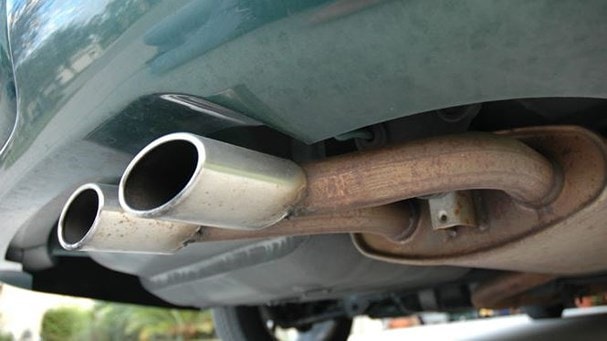 |
| Emission control system fault. |
The main job of the emission control system is to reduce the emission of harmful gases such as NOx(nitrogen oxide). This issue has been at the forefront, especially after the Volkswagen emissions scandal.
Which looked at a number of cars with emissions control system failures, and found that it wasn’t a matter of long-term wear and tear. A faulty emissions control system would cause a warning light on the instrument cluster to come on. Many drivers also reported losing power and creating thick smoke when the problem occurred.
2. Error in satellite navigation system (4% of vehicles have errors)
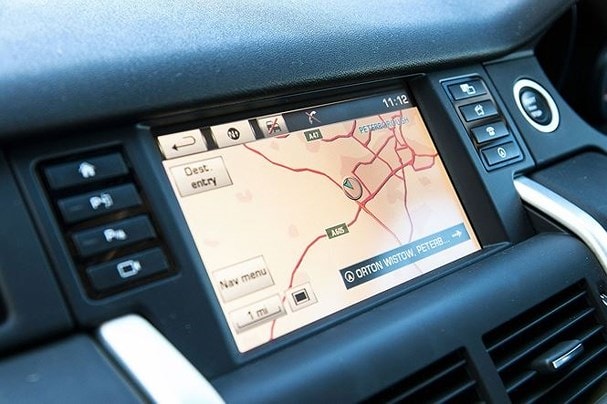 |
| Error in the satellite navigation system. |
There are quite a few new cars under 3 years old that have this problem. Although this is not a dangerous problem, it will be very annoying when you have to pay extra for this feature.
3. Battery error (3% of vehicles have errors)
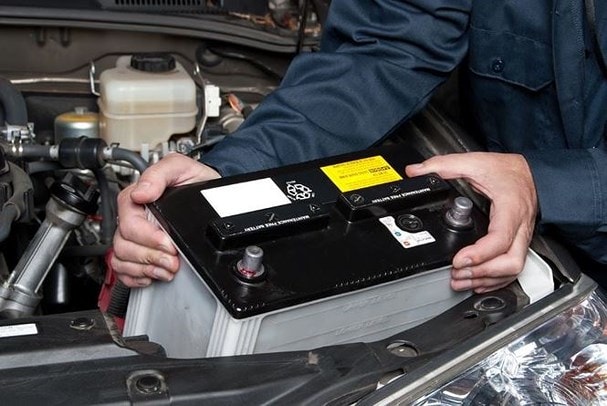 |
| 3% of new cars have battery failure. |
Battery failures are common in older cars, but a Which survey found that 3% of new cars also have them. The cause may be more down to driving habits than the batteries.
Such habits include: frequently driving short distances, leaving lights on all day, and not unplugging battery-draining devices.
4. Mechanical brake system error (3% of vehicles have errors)
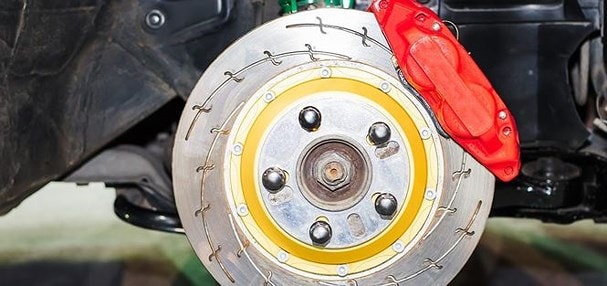 |
| Fault in mechanical brake system. |
Mechanical brake failure has serious consequences and can be dangerous if not detected early. Symptoms of this failure include: screeching noise when braking, the car turning in one direction and vibrating when you press the brake pedal and slow acceleration can also be caused by brake sticking.
5. Faulty suspension components (2% of vehicles are faulty)
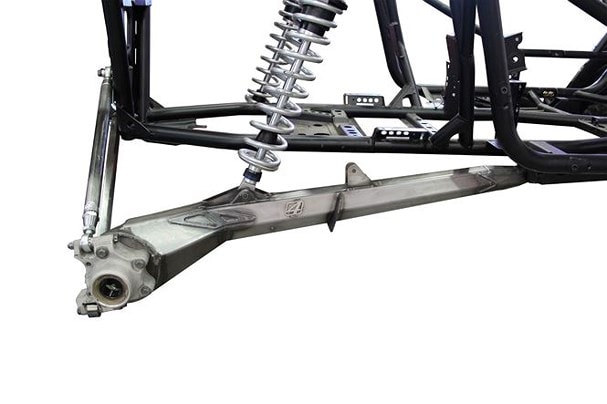 |
| New cars can also have faults in suspension components. |
The main components of the suspension system are the leaf springs, shock absorbers and tie rods. If any of these components fail, it can affect the vehicle's performance and make it very dangerous to drive, especially at high speeds.
Like a brake system fault, if the car leans too much to one side and has poor steering response then the car is definitely faulty.

